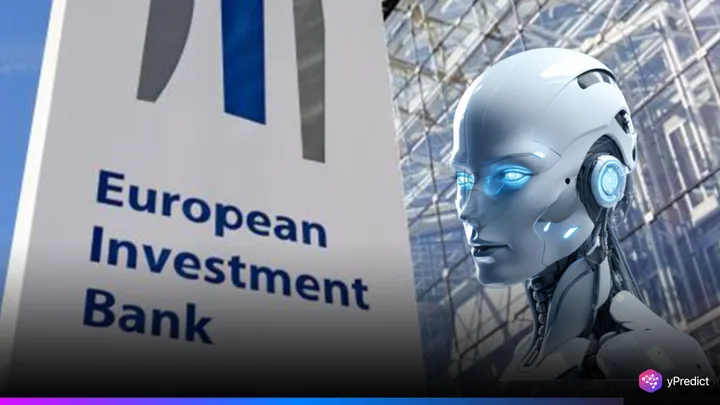
The European Investment Bank (EIB) is developing a major initiative to strengthen Europe’s role in artificial intelligence and semiconductor technology. The AI investment plan blueprint, called Tech EU, aims to mobilize €70 billion by 2027, with a long-term goal of attracting €250 billion in total investment. EIB President Nadia Calviño shared details with Corriere della Sera, highlighting Europe’s need to compete with the U.S., China, and other global players. She emphasized the importance of “market integration, investment, and simplification” to lift Europe’s digital and industrial competitiveness in the years ahead.
‘Tech EU’ to Support Innovation in AI, Chips, and Health Tech
Still under planning, Tech EU is designed to support key industries where Europe risks falling behind. The plan focuses on AI adoption, semiconductor production, health technologies, and critical raw materials. Calviño said the EU must simplify regulations and ease cross-border scaling for businesses. Currently, Europe trails the U.S. by six percentage points in AI adoption. The EIB’s upcoming plan could narrow that gap by funding AI startups and boosting big data use across sectors. The goal is to help firms modernize, innovate, and grow in a more unified digital market. “This is about unlocking Europe’s full tech potential,” Calviño said in the interview.
EU AI Investment Plan Aims High, But Regulatory Hurdles Persist
The EIB’s internal research shows why Tech EU may be necessary. According to its 2024–2025 Investment Report, 74% of innovative European firms see fragmented rules as a barrier to growth. Small and mid-sized firms spend up to 2.5% of their turnover just on regulatory compliance. This slows AI rollout and chip development across the continent. By reducing red tape and offering targeted financial support, Tech EU could improve Europe’s position.
The semiconductor plan includes investment in advanced chip design and domestic production, aiming to reduce reliance on Asian supply chains. Still, experts warn that €70 billion, while ambitious, falls short of China’s €150 billion semiconductor push. The plan’s success will depend on execution, coordination, and speed.
Will Europe Set the Pace in Responsible Tech Growth?
The EIB’s Tech EU project reflects a bigger shift in how Europe wants to shape its digital future. Rather than chase others, the EU hopes to lead in ethical AI, sustainable chips, and smart regulation. If the plan succeeds, it could set new global benchmarks for responsible innovation. Yet questions remain. Can Europe deliver funding quickly? Will regulatory changes go deep enough? And can it unify a diverse market fast enough to compete? The blueprint is promising, but its real value will only show in what happens next. The world is watching, and the clock is ticking.






